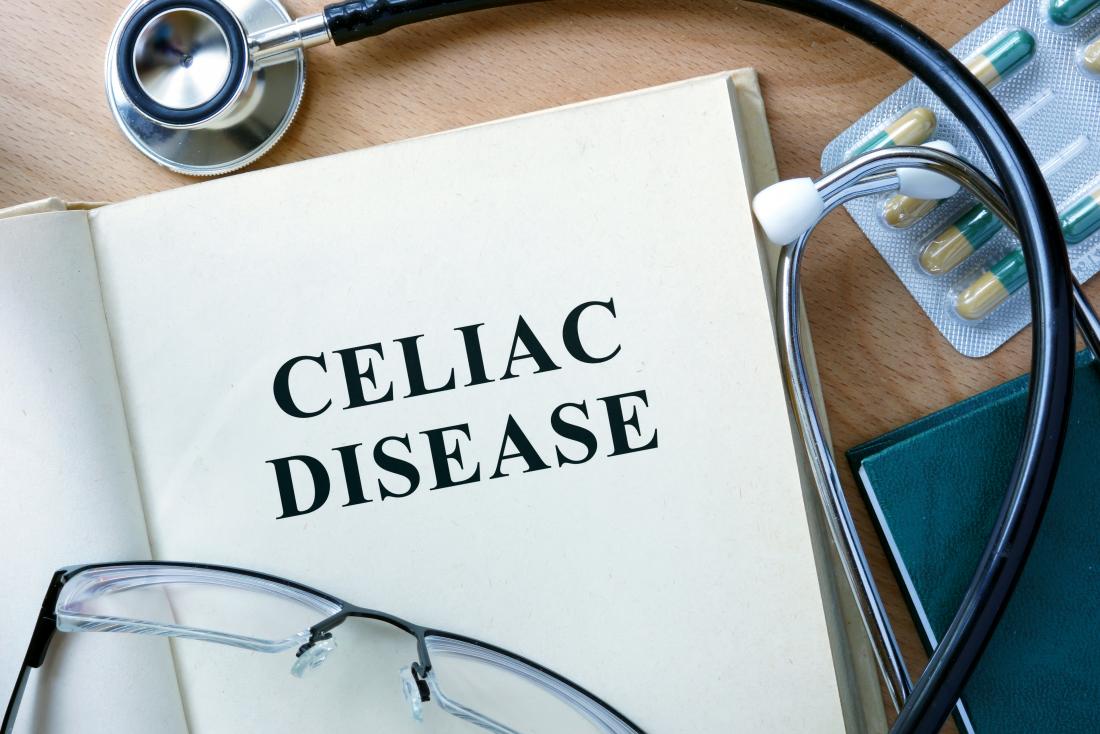
Celiac disease is a chronic autoimmune illness affecting mostly the small intestine. It is caused by the consumption of gluten, a protein present in wheat, barley, and rye. When persons with celiac disease consume gluten, their immune system attacks the lining of the small intestine, causing inflammation and damage. This damage reduces the absorption of nutrients and can result in a variety of symptoms and consequences.
Key Facts about Celiac Disease:
Symptoms
The symptoms of celiac disease can vary widely among individuals and can affect different parts of the body. Common symptoms include:
- Digestive symptoms: Diarrhea, constipation, bloating, gas, abdominal pain, nausea, and vomiting.
- Nutrient deficiencies: Due to impaired absorption, deficiencies in iron, calcium, vitamin D, vitamin B12, and other nutrients can occur, leading to conditions like anemia and osteoporosis.
- Weight loss: Unintended weight loss and malnutrition.
- Skin issues: Dermatitis herpetiformis, a blistering skin rash.
- Neurological symptoms: Headaches, fatigue, peripheral neuropathy (numbness and tingling in the hands and feet), and cognitive impairment.
- Other symptoms: Joint pain, infertility, missed menstrual periods, and dental enamel defects.
Diagnosis
Diagnosis of celiac disease typically involves a combination of:
- Serological tests: Blood tests to detect specific antibodies (e.g., tTG-IgA, EMA-IgA) that are usually elevated in people with celiac disease.
- Genetic testing: Checking for the presence of HLA-DQ2 and HLA-DQ8 genes, which are necessary but not sufficient for the development of celiac disease.
- Biopsy: An endoscopic biopsy of the small intestine to assess damage to the intestinal villi is often considered the gold standard for diagnosis.
Treatment:
The only effective treatment for celiac disease is a strict, lifelong gluten-free diet. This means avoiding all foods and products that contain wheat, barley, rye, and their derivatives. Adhering to this diet helps heal the intestinal lining and prevents further damage.
- Dietary management: Reading labels, avoiding cross-contamination, and seeking guidance from a dietitian experienced in gluten-free diets.
- Follow-up care: Regular medical follow-up to monitor nutrient levels and overall health, as well as to address any persistent or new symptoms.
Complications:
If left untreated or if not managed properly, celiac disease can lead to several complications, such as:
- Malnutrition: Due to poor absorption of nutrients.
- Lactose intolerance: Temporary or permanent, due to damage to the intestine.
- Increased risk of other autoimmune diseases: Such as type 1 diabetes, autoimmune thyroid disease, and others.
- Intestinal cancers: Increased risk of lymphoma and small bowel cancer.
- Bone health issues: Osteoporosis or osteopenia due to calcium and vitamin D malabsorption.
Living With Celiac Disease:
Adapting to a gluten-free diet can be difficult, but with the right education and support, celiac disease patients can live healthy, symptom-free lives. It is critical to be cautious about food choices and seek advice from healthcare specialists, dietitians, and support groups. Regular follow-up with healthcare providers guarantees long-term health and condition management.










